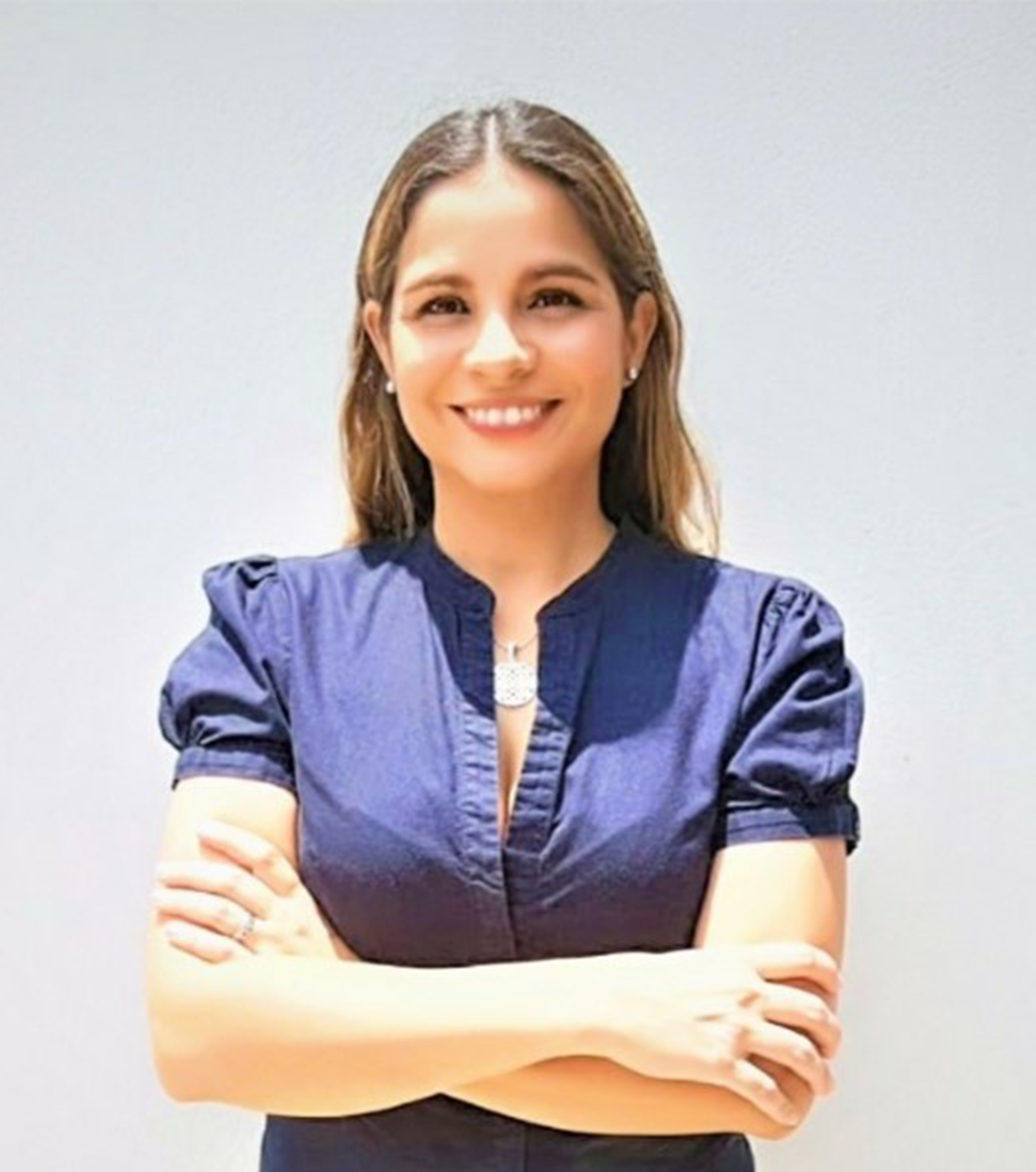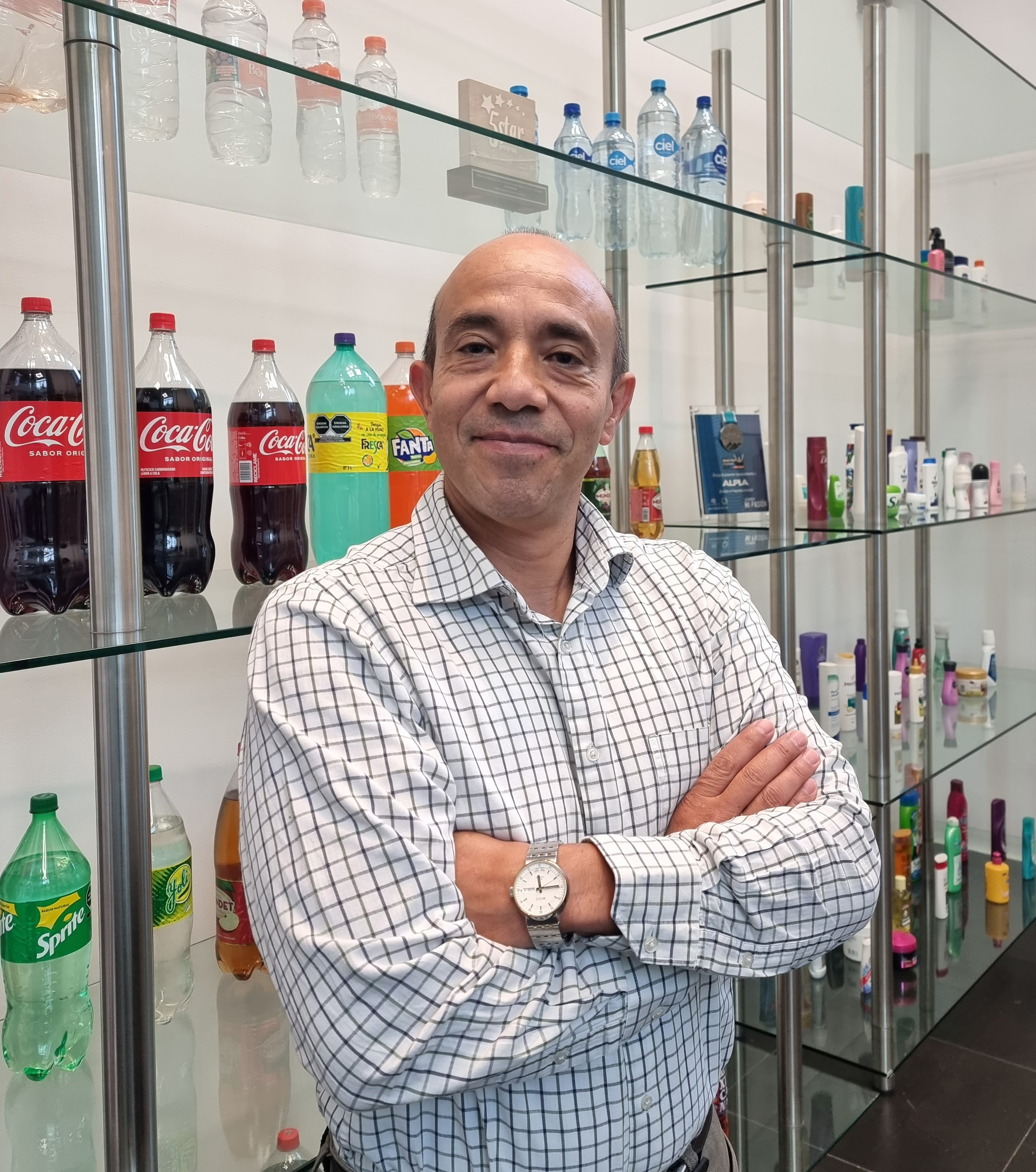Interview with Laila Munayer and Leonardo Velasco
To learn more about the activities in the Mexico, Central America and Caribbean region (MXCA-Cari), we have invited Laila Munayer and Leonardo Velasco for an interview.
Laila is the sustainability manager of ALPLA Mexico, Central America and the Caribbean. She has been at ALPLA for nearly three years. Her daily work is based on three pillars: sustainability, external communication and public affairs.
Leonardo Velasco is the head of APE, Regional Plant Engineering, MXCA-Cari. Leonardo has been working at ALPLA for 17 years and has 28 years of experience in the packaging industry.
Laila, the construction of the new recycling plant from PLANETA was started in Mexico this year – a joint investment by ALPLA and Coca-Cola FEMSA. What is the capacity of the facility and when will it become operational?
Laila: ALPLA and our strategic partner, Coca-Cola FEMSA, are investing over 60 million dollars in the new recycling plant PLANETA (Planta Nueva Ecología de Tabasco) where food-grade rPET is produced. After its planned start of operation in 2024, the facility will process up to 50,000 tonnes of post-consumer PET bottles, resulting in an output of approximately 35,000 tonnes of rPET. This material will then be promptly used for manufacturing new bottles, ensuring a closed bottle-to-bottle loop.
Furthermore, this facility will contribute to environmental conservation and boost the local economy by developing 18 aggregation centres in Mexico. That means that ALPLA supports the collection of post-consumer plastics by paying for the receipt of used PET bottles. In doing so, ALPLA offers individuals a means of earning an income, creates a financial incentive for the responsible use of recyclable plastic and, at the same time, reduces waste and plastic leakage.
These 18 centres will be added to the existing nine aggregation centres in the ALPLA MXCA-Cari region, all in Mexico but one in the Dominican Republic.



